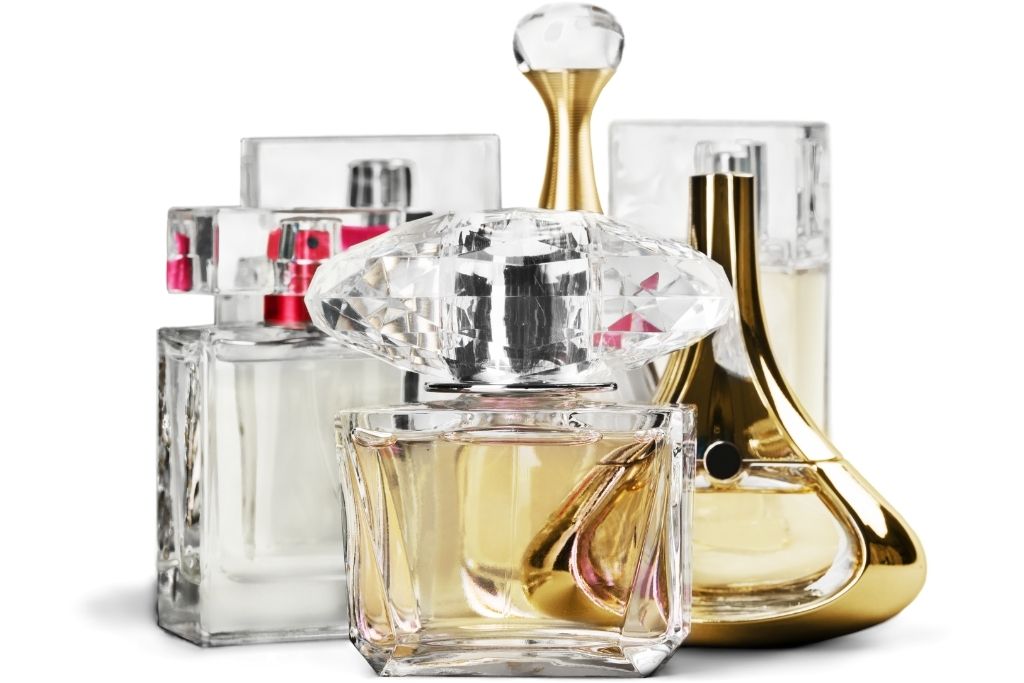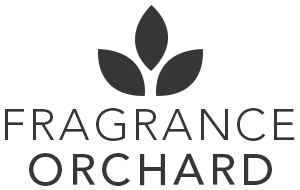If you’ve ever tried to pick out a fragrance and found yourself staring blankly at the words “Eau de Parfum” and “Fragrance Oil,” you’re not alone. They both promise great scent, but they behave quite differently once applied, and that can make all the difference.

Eau de Parfum, often called EDP, has a way of standing out. When someone wearing it passes by, you usually catch that bold trail hanging in the air. Fragrance oils behave quite differently. They sit closer to the skin, feel softer, and can last for hours, even though they are not as loud.
So which one should you pick? That really depends on what you enjoy – your personal preference. Some people prefer a fragrance that makes an entrance, while others opt for something more personal. Let’s break it down, starting with fragrance oils.
Fragrance Oils: Understated, Long-Lasting, and Skin-Friendly
Fragrance oils (you’ll also hear them called perfume oils) are pretty straightforward. This traditional perfume has no alcohol, no spray; just concentrated scent blended with a base oil like jojoba, coconut, or mineral oil. They tend to come in small bottles with rollerballs or droppers.
How They Work
Without alcohol to carry the scent into the air, fragrance oils behave differently. When applied, the scent stays close to your skin, almost like a whisper rather than a shout. You won’t fill a room when you walk in, but the scent is still very much there. In fact, some people prefer this softer, more intimate experience.
They’re also usually quite long-lasting. While a traditional spray might fade in a few hours, a good fragrance oil can stick around from morning to evening, especially if you apply it to warm spots like the wrists or neck.
And since there’s no alcohol, they’re gentler on the skin. Some people even find them slightly moisturising, depending on what base oil is used. If you’re prone to dryness or irritation, fragrance oils might be a better fit.
The Experience
One thing that stands out about perfume oils is how consistent they are. What you smell when you apply it is pretty much what you’ll smell six hours later. There’s not usually a big shift in fragrance notes like you get with sprays. For some, that simplicity is part of the appeal.
Because of the rollerball or dab-on format, application is very controlled; you’re unlikely to overdo it. And you can touch up throughout the day without anyone noticing a big scent burst.
Eau de Parfum: Bold, Layered, and Designed to Make a Statement
Now, if you’re after something with a bit more drama, something people will notice, Eau de Parfum might be more your style. This is one of the most common formats you’ll see on shelves, and it’s easy to see why.
What’s Inside
EDP typically contains 15–20% fragrance oil mixed with alcohol and a little water. The alcohol content is what allows the scent to travel; that’s why sprays often have more projection and a stronger opening. When you first spritz it, you’ll smell it immediately.
That said, it also means the scent may not last as long on the skin as an oil would. Alcohol evaporates more quickly, and with it goes the fragrance. But depending on your skin and the formula, EDP can still give you a solid 6–10 hours of wear.
How It Evolves
One thing EDP does really well is scent evolution. You’ve probably heard of top, middle (or heart), and base notes. EDP is where those come to life. The top notes hit you first; often citrusy or light, then fade into the richer heart notes, and eventually settle into the base (usually something warm or musky).
This unfolding effect and complexity make Eau de Parfum feel more like a journey. Some people love how it changes throughout the day. Others prefer the steady reliability of a fragrance oil. It’s all down to personal taste.
Side-by-Side: Oils vs Sprays
Let’s break it down more simply, because honestly, the two offer very different overall experiences.
| Feature | Fragrance Oil | Eau de Parfum |
| Application | Dab or roll onto pulse points | Spray on skin, clothing, or hair |
| Longevity | 8–12 hours (often longer) | 6–10 hours (depends on skin) |
| Projection | Low; stays close to the skin | Moderate to high; more noticeable |
| Scent Development | Usually linear; consistent | Evolves through top, middle, and base |
| Skin Sensitivity | Gentler; no alcohol | Can be drying or irritating for some |
| Portability | Travel-friendly and subtle | Slightly bulkier but quick to apply |
Other Considerations
Natural vs Synthetic Oils
Both fragrance oils and Eau de Parfum can be made using natural or synthetic ingredients. Here’s the thing; “natural” doesn’t always mean better.
Natural oils sound appealing, and a lot of people see them as the more genuine option. The truth is, they are not always practical. They can spoil faster, and quite often they cost more than you might expect. Synthetic additives are different. They usually hold up better, last longer on the skin, and give perfumers more freedom to build complex scents.
If ethical sourcing matters to you, keep in mind that natural doesn’t always mean cruelty-free. Some synthetic options are actually more eco- and vegan-friendly. Always check the label or the brand’s policy.
| Factor | Natural Oils | Synthetic Oils |
| Longevity | Can vary | Often lasts longer |
| Stability | Prone to spoilage | More stable in storage |
| Cost | Usually more expensive | Generally cheaper |
| Ethics | May involve animal by-products | Often vegan/cruelty-free |
Layering: Mixing Oils and Sprays for a Custom Scent
This is where it gets fun. Layering involves using more than one fragrance at a time, often a base oil with a spray over the top. It lets you create something unique that smells like you and no one else.
You might start with a soft vanilla oil and then add rose or other floral scents and woody Eau de Parfum over it. Or combine two different oils; a musky one and a fresh one, to build something balanced and personal.
Tips for layering:
- Keep it simple; start with two, not five.
- Use similar scent families (e.g. florals with florals).
- Apply oil first, then spray.
- Test it before you leave the house; just to be safe.
Done right, layering can give your fragrance real depth without the overpowering scent.
Other Fragrance Types You Might See
You might also come across other types of perfume while browsing, each with different strengths, oil concentration, and uses.
- Parfum / Extrait de Parfum (20–30% oils): Rich, intense, longest-lasting
- Eau de Toilette (EDT) (5–15%): Lighter than EDP, good for casual wear
- Eau de Cologne (EDC) (2–5%): Very fresh, fades quickly
- Eau Fraîche (1–3%): Super light, mostly water, doesn’t last long
These are all about concentration. The more oil, the stronger (and usually more expensive) the scent.
So… Which One’s Right for You?
To be honest, there is not really a right or wrong choice. It depends on what you like and how you wear fragrance.
If you are the sort of person who enjoys a scent that people notice, then Eau de Parfum is probably the one to try. It can be bold, it changes as the day goes on, and it is easy to use with a quick spray.
Fragrance oils are different. They last a long time, but they stay closer to you. For some, that is the appeal. They do not fill a room, which makes them better in places like offices or when you are sitting close to others.
Also worth considering: your skin. Some people’s skin just doesn’t hold onto EDP very well. Others find that oils disappear too quickly on them. It’s trial and error, to be honest.
FAQs
Q: Are fragrance oils better than sprays? A: Not necessarily; they’re just different. Oils last longer and stay close to the skin, while sprays project more and often smell more complex.
Q: Can I wear both at once? A: Yes! In fact, layering oil and spray is a popular way to customise your scent and help it last longer.
Q: Do fragrance oils stain clothes? A: They can if applied directly to fabric. Always apply to skin and let it absorb before getting dressed.
Q: Is Eau de Parfum suitable for sensitive skin? A: It can be, but the alcohol might cause dryness or irritation for some people. Oils are usually the gentler option.
Q: Why does EDP smell different after a while? A: That’s the scent pyramid at work; top notes fade first, leaving the heart and base notes to shine.
What’s Your Scent Style?
Fragrance isn’t just about smelling nice; it’s about self-expression. Whether you’re drawn to the bold character of Eau de Parfum or the soft intimacy of a fragrance oil, what matters most is how you feel wearing it.
There’s no need to commit to one or the other. Try both. Mix and match. Explore. You might be surprised by what you end up loving.
